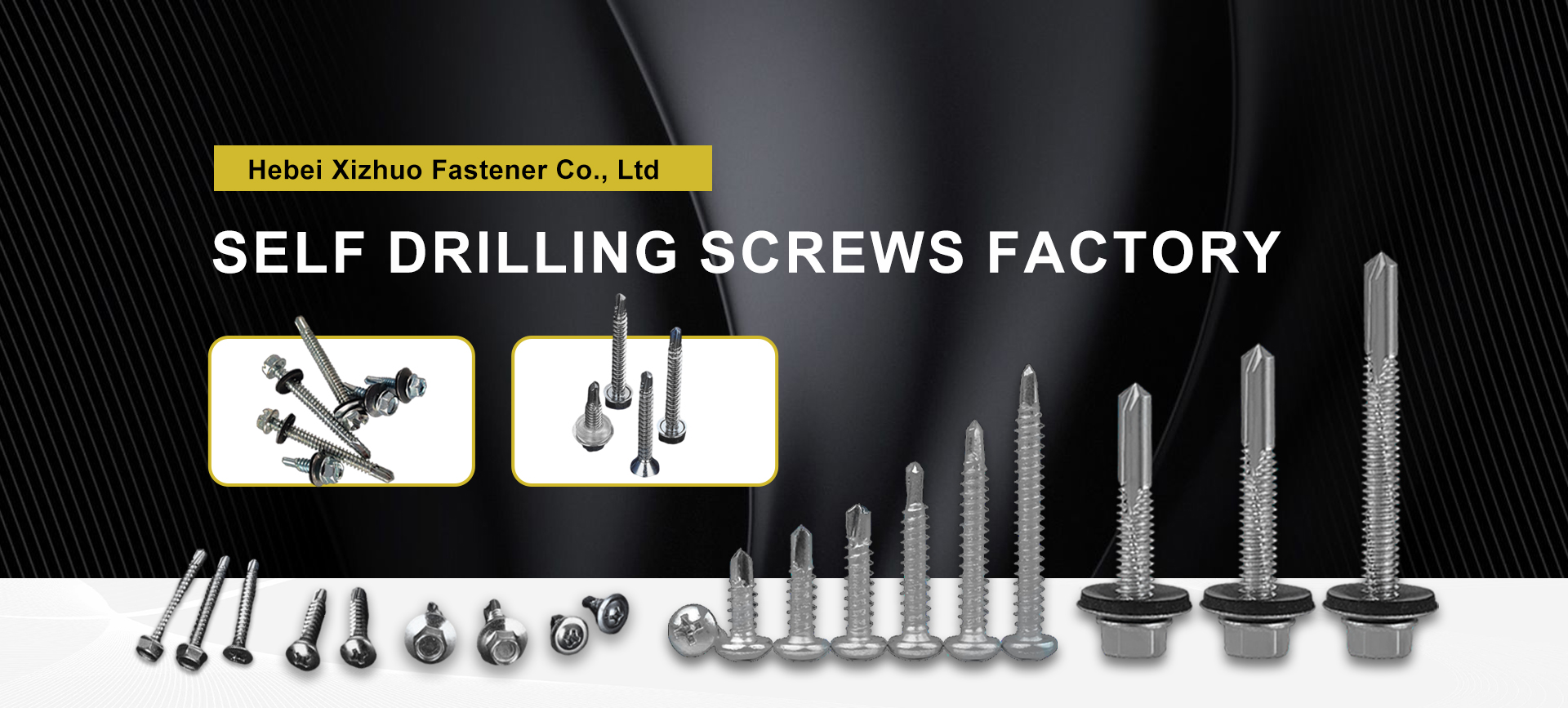Choosing the Right Wedge Anchor Bolts for Secure Concrete Installations and Applications
Understanding Wedge Anchor Bolts for Concrete
Wedge anchor bolts are essential fastening hardware used extensively in construction and engineering projects requiring secure attachments to concrete surfaces. These anchors are particularly known for their strength, reliability, and ease of installation, making them a preferred choice for a variety of applications. This article delves into the features, applications, and installation methods of wedge anchor bolts in concrete.
What are Wedge Anchor Bolts?
Wedge anchor bolts are a type of mechanical anchor designed specifically for concrete. They consist of a threaded body with a cone-shaped end, which is designed to expand once the bolt is inserted into a pre-drilled hole and tightened. The expansion mechanism provides a secure grip within the concrete, ensuring resistance to pull-out forces. Wedge anchors can be made from various materials including carbon steel, stainless steel, and galvanized steel, which enhances their durability and corrosion resistance.
Applications of Wedge Anchor Bolts
Wedge anchor bolts are versatile and widely used in many applications across industries. Common uses include
1. Structural Connections They are often employed to secure structural elements such as beams, columns, and trusses to concrete foundations, ensuring stability and support for buildings and other structures.
2. Equipment Mounting Wedge anchors are ideal for anchoring machinery and equipment to concrete floors, preventing movement and ensuring safety in industrial and commercial settings.
3. Railing and Fence Installation In outdoor applications, these anchors are used to secure railings, fences, and guardrails, providing safety and stability.
wedge anchor bolts for concrete

Installation Process
The installation of wedge anchor bolts involves several critical steps to ensure optimal performance
1. Site Preparation Before installation, it is essential to assess the site and determine the correct location for the anchors. Proper spacing and alignment are crucial for structural integrity.
2. Drilling the Hole A hammer drill should be used to create a hole in the concrete that matches the diameter and depth of the anchor specified in the manufacturer's guidelines. It's important that the hole is cleaned of any debris or dust before inserting the anchor.
3. Inserting the Anchor Once the hole is prepared, the wedge anchor bolt is inserted into the hole. The threaded end should be protruding above the concrete surface to allow for the attachment of other components.
4. Tightening the Bolt The final step involves tightening the nut on the anchor bolt using a wrench. As the nut is turned, the cone-shaped end at the bottom of the anchor expands, creating a tight grip against the sides of the hole, securing the anchor in place.
5. Verification After installation, it is advisable to verify that the anchor is properly secured and can withstand the intended load.
Conclusion
Wedge anchor bolts are a critical component in the construction and engineering fields. Their ability to provide strong, reliable anchoring makes them indispensable for a multitude of applications. Understanding the proper usage and installation of wedge anchors can ensure the safety and durability of structures, making them an indispensable tool for contractors and builders alike. Whether securing machinery, building frameworks, or affixing safety railings, wedge anchor bolts offer a practical and efficient solution for concrete fastening needs.
-
Weatherproof Plastic Expansion Anchors for OutdoorNewsJun.06,2025
-
Sustainability in the Supply Chain: Eco-Friendly TEK Screws ProductionNewsJun.06,2025
-
Load-Bearing Capacity of External Insulation FixingsNewsJun.06,2025
-
Double Head Bolts: Enhancing Efficiency in Industrial MachineryNewsJun.06,2025
-
Corrosion Resistance in Chipboard Screws: Coatings for Wholesale DurabilityNewsJun.06,2025
-
Butterfly Toggle Bolts : Enhancing Structural ResilienceNewsJun.06,2025
